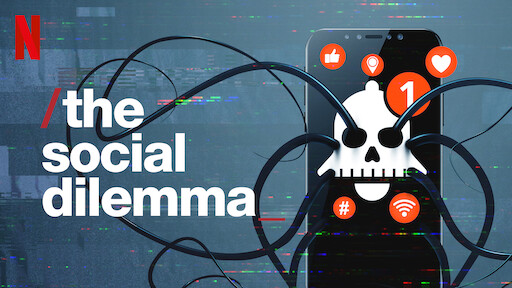Nowadays, cybersecurity challenges are posing a severe threat to businesses. Intrusions are on the rise, according to recent trends and cybersecurity statistics. In particular, 68 percent of businesses believe their cybersecurity risks are rising. That is also the primary reason why businesses must install adequate security methods for their IT systems, which aid in the management of potential vulnerabilities as well as the proactive protection of their platform before the next hacker attempts to get access to your network.
In fact, the cost of a malware attack is projected to be $2.6 million USD. Furthermore, a data breach cost a corporation $3.9 million. As a result, more businesses are increasing their cybersecurity budgets. Investments in cybersecurity surged by 141 percent between 2010 and 2019. As a result, the high increase indicates that more businesses are taking security seriously.
Previously, the term hacker was coined by the Massachusetts Institute of Technology in 1960 to describe those programmers who exploited their expertise to gain unauthorized access to computer systems. Ethical hackers, on the other hand, look for program flaws in order to design mainframe systems that are more efficient.
With the rise in popularity of the internet and e-commerce, the primary motivation for hackers is to steal important information and profit. As a result, ethical hacking has become a critical component of a proactive security strategy in businesses. Overall, ethical hacking is viewed as a justified and ethical technique because it aims to find vulnerabilities in IT systems.
White hat, an ethical hacking technique, analyzes the behavior and resilience of a system, in the face of external attacks. During this process, an information security expert will attempt to access sensitive data, under an organized set of actions. However, this technique often gets confused with penetration testing. This technique offers vulnerability assessments and cybersecurity updates. Examples of the latter technique are Tenable.io and Acunetix. These tools have a holistic vision that transparently and securely enables anti-hacking processes. They for instance provide security to counteract vulnerabilities, malware, and breaches.
For now, think about it and keep it in mind for when you start working for a tech firm or start one yourself, even if it sounds contentious. Nowadays, a lot of useful business information can be found on the internet. You will not want to be vulnerable, right?


